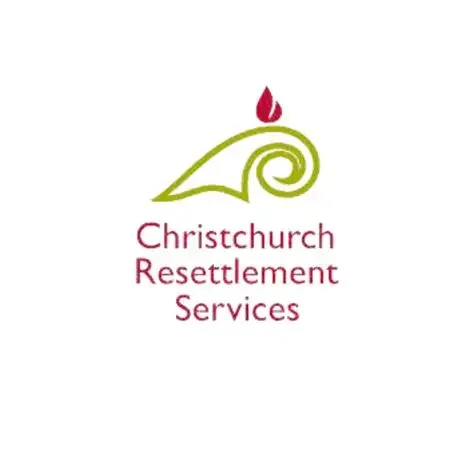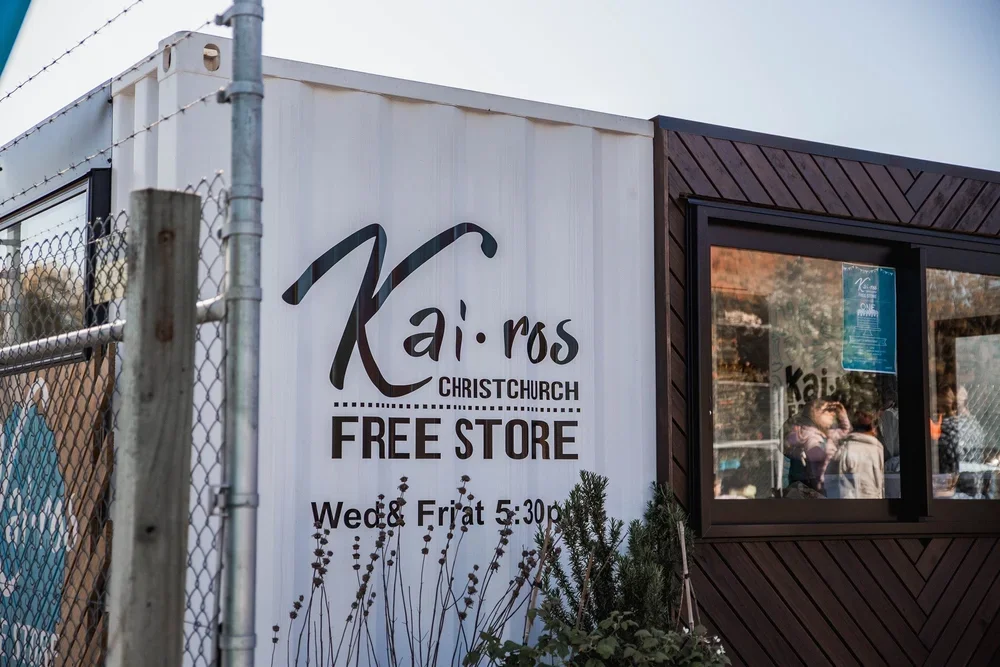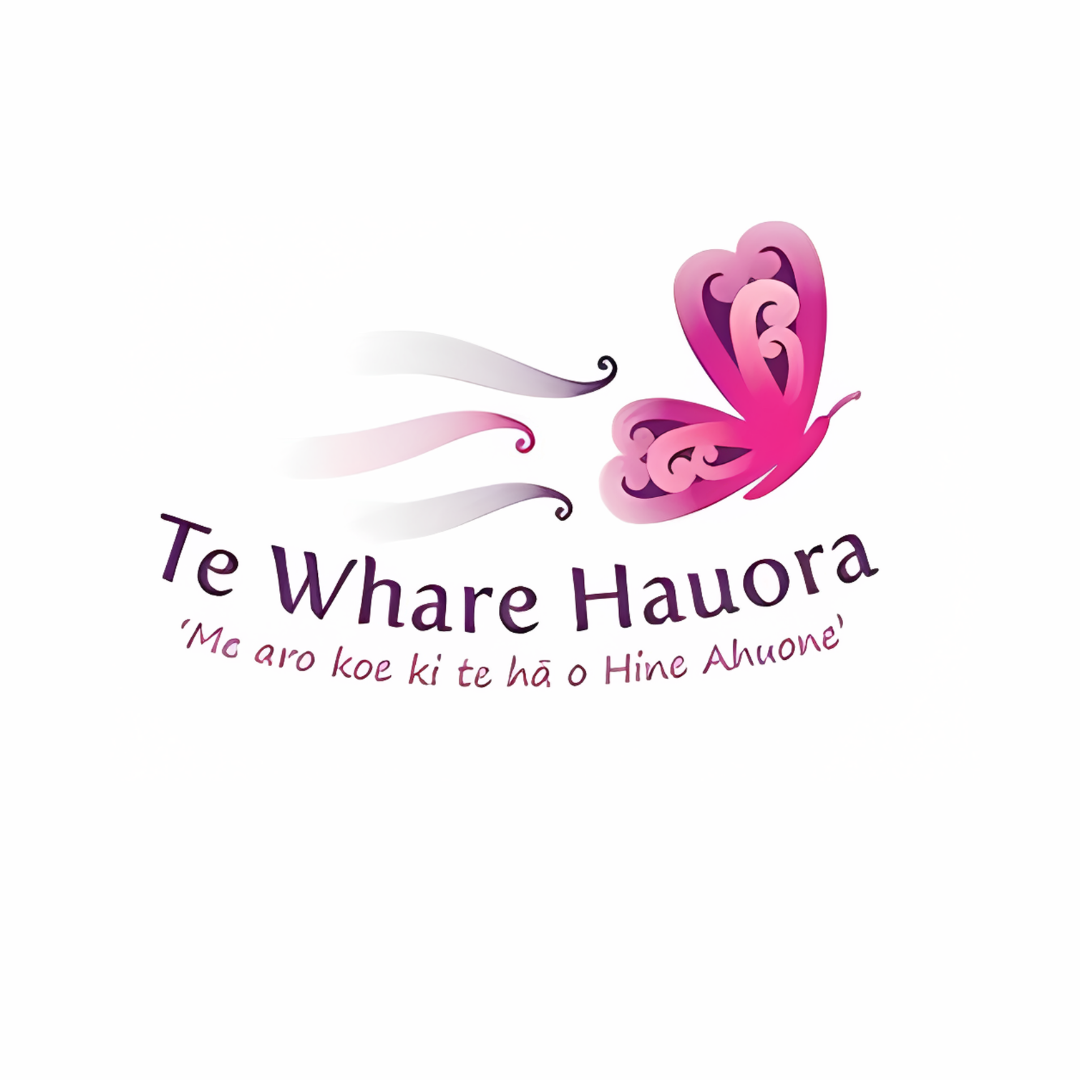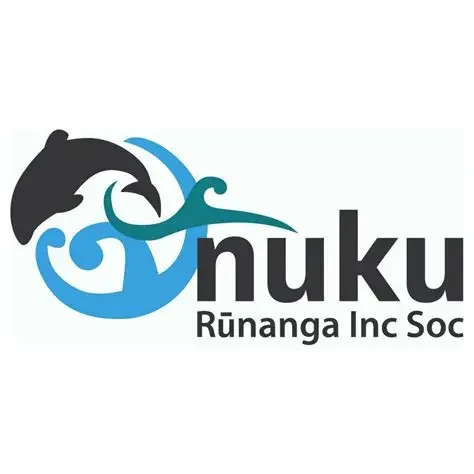Safer Gambling Aotearoa
Me kōrero tātou
Safer Gambling Aotearoa is on a mission to minimise gambling harm within our communities. So, whether you choose to gamble or know someone who does, we’re here to offer our guidance and support, with manaaki and alofa.
Safer gambling - If you or someone you know has a gambling problem or you're worried that one might be developing, we have a few tips to bring it into line.
Sharing and talking
If you’re worried about your gambling, the best thing you can do is talk to someone you know and trust. Your friends and whānau may already be worried that something is troubling you and may even know it's gambling.
Start with telling them how you’re feeling and what you want, or need from them to help.
You might find they’re relieved to know and are very understanding right from the start. Sometimes it can take a bit of time for the people who care about you to understand how gambling’s affected your life. That’s ok too, talk them through it.
If people offer you help and support, take them up on it. You may find ways of dealing with the problem or seeking help together.’
How will friends and family react to my gambling?
You might find they’re relieved to know and are very understanding right from the start. Sometimes it can take a bit of time for the people who care about you to understand how gambling’s affected your life. That’s ok too, talk them through it.
If people offer you help and support, take them up on it. You may find ways of dealing with the problem or seeking help together.
How can I start a conversation about my gambling?
Get some ideas for raising the topic with your friends and whānau from the examples below.
‘I was spending $20-$40 a week on the pokies but recently it’s been more and I’m getting a bit worried about our bills. I think it’s best if I just draw out what I need for the week so I’m not tempted and get you to look after my eftpos card for me.’
‘I think that my gambling might be a problem. It used to be a bit of fun but now I think about it heaps and it's starting to stress me out. I want to talk to someone about it. Can you come with me?’
Other ways to kōrero
If you’re not quite ready to speak to a friend or whānau member, reach out to one of the confidential free support services below. You can do it via text, email or give them a call, whatever works for you, just know they’re here to help, no matter how big or small your concern or if your concern is for someone else: List of help services
Staying In Control
If you or someone you know has a gambling problem or you're worried one might be developing, we have a few great tips to bring it into line. Find a plan that works for you using our tips below, then share your plan with trusted whānau and friends to help you stay on track.
Be honest
It's important that you’re honest with yourself about your gambling and the harm it may be causing you or others. This might feel really hard at first but it will help you to move forward in a positive way.
It’s also a really good idea to be honest with your friends and whānau, so that they can help come up with ideas and support your plans to cut back or stop gambling.
Some people find keeping a note of how they gamble helpful, as they begin to see patterns about their gambling habits. If this would help you, try writing down the time, day, date and place you gamble; who you were with; how much cash you were carrying or that you spent on your cards and your total win or loss. Why were you gambling? Did friends encourage you or were you alone? Were you bored, drunk, angry or stressed?
Set a limit on money spent
There are a number of ways you can choose to manage your money, depending on whether you would like to cut back on your gambling, or stop altogether:
Set an amount that you can spend on gambling each week and withdraw only that amount
When gambling, take your set amount in cash and leave bank cards at home
If you have a win, stop gambling and “stay a winner”. Cash out your win and leave
Ask someone else to help manage your money
Give your credit and eftpos cards to your partner or someone you trust
Set up automatic payments for household bills and withdraw only what you need
Contact the Gambling Debt Helpline on 0800 654 658 and get them to arrange for you to see a budgeting adviser in your area.
Keep busy
It’s helpful to substitute your time gambling with other activities you enjoy. These activities could be new or things you enjoyed in the past, but gave up. Create a list of things you could do instead and put it somewhere to remind yourself. Spending time with friends or whānau is a great option, especially if you can avoid places where you’d be tempted to gamble.
Avoid venues
Try to avoid going to the places where you gamble or only go there with friends and family who are not gambling. If that’s too tempting, try excluding yourself from a venue or multiple venues.
Take control
Under New Zealand law you can exclude yourself from most gambling venues, which can be a useful way of breaking gambling habits. If you identify yourself to staff at a casino or pokie machine venue as having a gambling problem, the venue operator must, by law, exclude you from the venue. This means both you and the venue operator can be fined if you enter the gambling area.
A local counsellor can help support you with the self-exclusion process. Call the Gambling Helpline 0800 654 655 for further information.
Alternatively, you can contact your local multi-venue exclusion coordinator for support with self-exclusions.
Apps like Betblocker or Gamban can block access to online gambling websites. You can also use the settings on your computer or phone’s internet browser to block these sites manually.
Some banks are helping customers take control of their online gambling. For example, Kiwibank allows customers to block transactions from online gambling sites. Speak to your bank about your options.
How Much Are You Spending?
Often gamblers have no idea how much they’re spending; sometimes when it’s spent in smaller amounts it doesn’t feel like much, but when you add it together it’s actually a lot.
Try and think of how much you spend each week on all types of gambling. You'll see it quickly adds up.
$25 per week
IN 1 WEEK: $25 gets you bread and milk for a week.
IN 1 MONTH: In one month $100 gets you some new shoes.
IN 1 YEAR: In one year $1200 gets you a return trip to Samoa.
$50 per week
IN 1 WEEK: $50 gets you petrol for the week.
IN 1 MONTH: In one month $200 gets you food shopping for the household for a week.
IN 1 YEAR: In one year $2400 gets you a brand new iPhone and iPad.
$100 per week
IN 1 WEEK: In one week $100 gets you a school uniform for your kids.
IN ONE MONTH: In one month $400 gets you groceries for a month.
IN ONE YEAR: In one year $4800 gets you a car.
$150 per week
IN 1 WEEK: In one week $150 gets you a year’s worth of primary school fees.
IN 1 MONTH: In one month $600 gets you a new washing machine.
IN 1 YEAR: In one year $7000 gets you a 70" Full High Definition 3D TV ($5000) with a top of the line home theatre system ($2000).
$200 per week
IN 1 WEEK: In one week $200 gets you movies and dinner out with the family.
IN 1 MONTH: In one month $800 gets you a return trip for two to Australia.
IN 1 YEAR: In one year $9600 would cover a chunk of your rent.
Help and support
There’s absolutely no shame in asking for help. In fact, it shows strength and determination to take control. It can often be a huge relief to chat to someone who’s outside of your situation, and doing it face to face is a great way to get more personal support. - Home/Help And Support/Face To Face
Face to face support - There are lots of different services that offer free face to face support, including specific services for Māori, Pacific and Asian communities. This list shows you where these face to face support services are available.
You can call our Gambling Helpline team for free, 24 hours a day, on 0800 654 655.
What to expect from a counsellor - While counselling can seem a bit daunting, it can be a great way of getting support for you and your family and friends. You may want to attend counselling separately or together. Free confidential counselling is available to people with a gambling problem and those who are concerned about them. It can be really useful to have an independent person to chat to about your problems and concerns.
What happens - Your first session, which is usually between 1-1 ½ hours, is an opportunity to discuss how you and your counsellor can best work together. You can expect your counsellor to ask you for a bit of background information and you may also be asked to fill out some confidential questionnaires. These give the counsellor a good idea about how things are going for you and what you'd like to achieve through your sessions. Subsequent sessions are likely to last for around 50 minutes.





